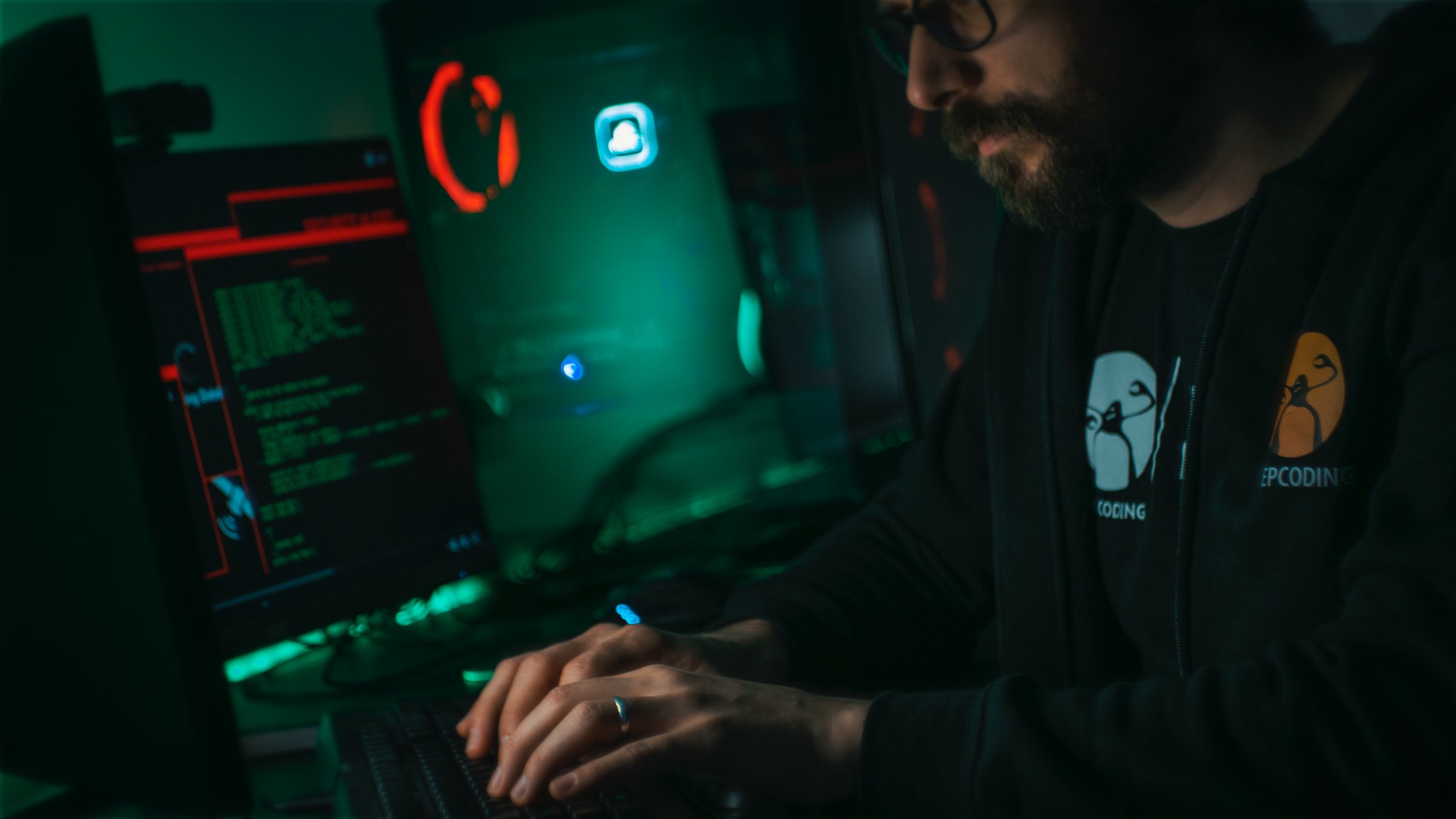
VENTURA
CYBER
SOLUTIONS
VENTURA CYBER SOLUTIONS
Cyber crime Investigation & Forensic
Register complaint

Cyber crime Investigation & Forensic
Register complaint

There are many forms of corporate fraud including falsified accounting and misrepresenting services or products. We have already delt with several online money frauds and helped retrieve the money back.

Loan scammers even use fake company logos, false caller ID numbers and other tricks to impersonate legitimate agencies and gain trust. We have helped kerala Police department to capture a 17 lack loan scammer.

A malware attack is a common cyberattack where malware (normally malicious software) executes unauthorized actions on the victim's system. Malwares can create a lot of problems and may lead to other cyber issues. If you are facing any such issues, hurry and contact us, your security and privacy is at risk.

Internet scams can vary from Job offer scams, lottery scams, beneficiary scams, online dating scams, social media scams etc. If you are thinking your are being scammed, let's not waste any more time. It's time to take action.

If you own a website or application and you think someone has hacked it or some abnormal activies have been done, you and your buisiness is at risk. Hackers are hard to chase and they aren't going to leave you alone. If you need expert consulting, please contact us.

If you want to secure your buisiness, privacy or money from intenet frauds, we can help you using ethical hacking. Carrying out an ethical hack involves duplicating strategies and actions of malicious attackers. This practice helps to identify security vulnerabilities which can then be resolved before a malicious attacker has the opportunity to exploit them.


Investigators need a request conduct from the victim/client to start an investigation procedure. Their first job is to learn as much about the case as possible.
A preliminary information-gathering meeting should be conducted to determine the nature of the crime, the probable degree of technicality involved, and the names of potential suspects. Based on this initial information, investigators then plan their investigative approach.
The plan should be a written document containing the names of the areas, persons, documents, files, and other factors to be investigated. The name of the investigator assigned, dates on which investigations started and ended, and brief comments on the case should also be included.
Depending on the nature of the crime, information gathering may be simple or difficult. Information on suspects can be obtained from various outside sources such as the federal, state, and local law enforcement and government agencies, former employers, credit agencies, medical files, friends, and neighbours.
Interviewing and interrogation are particularly necessary, given the technical nature of the crime, interrogators should be expert in these areas and also should be fully aware of any legal liabilities which may arise. The main objective is to gather critical information from the suspect.
Reviews of technical data systems will also be necessary as an aid in interrogation and general investigation. Because evidence removed from the crime scene (i.e., computer printouts, magnetic tapes) can be effective in tying the crime scene and the criminal together, forensic science plays a key role.
Cyber forensics is the investigation of what happened and how. System forensics is performed on standalone machines. Network forensics involves the collection and analysis of network events in order to discover the sources of security attacks. The same process applied on Web is also known as Web forensics.
Finally, since the success or failure of a criminal prosecution depends upon the evidence presented in court, the investigators--as the chief resource for knowledge of the case, working papers, incident reports, and exhibits--should have a thorough knowledge of the rules of evidence.